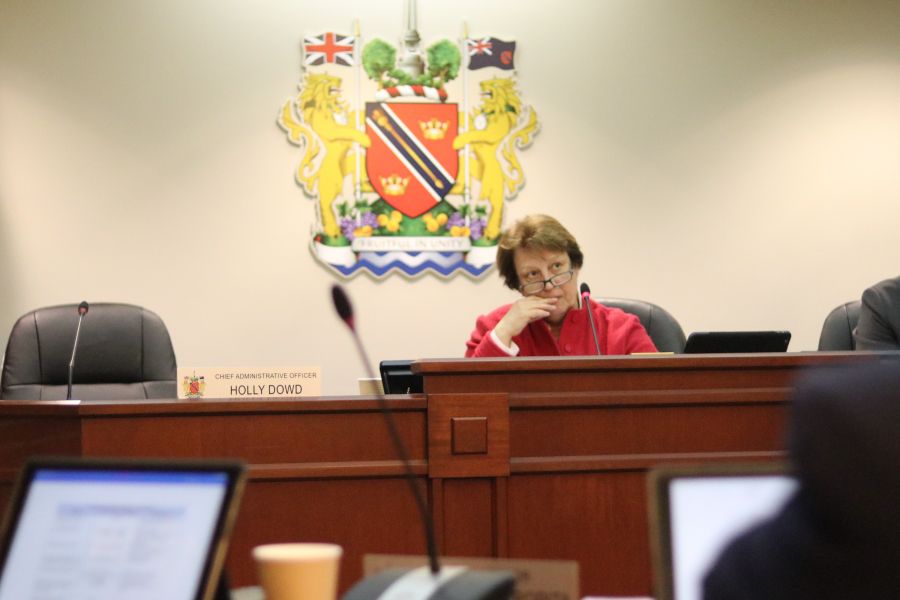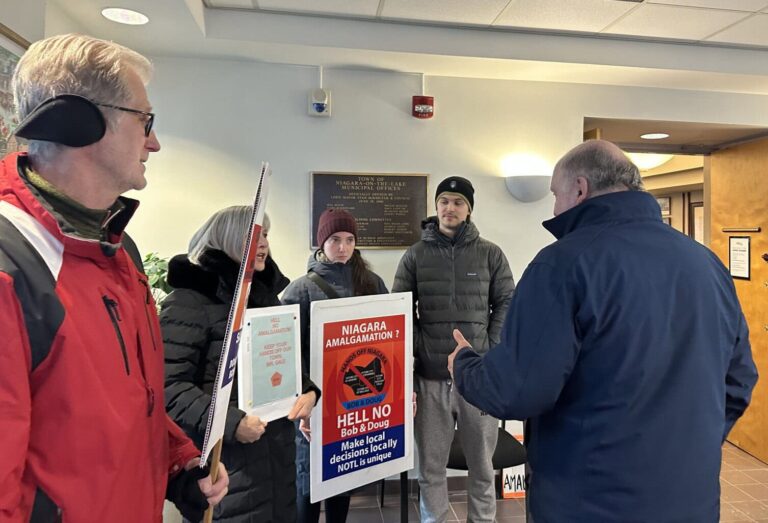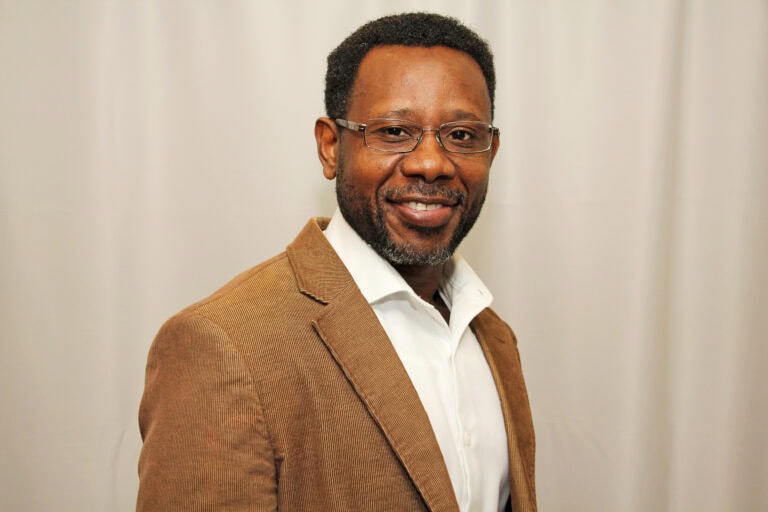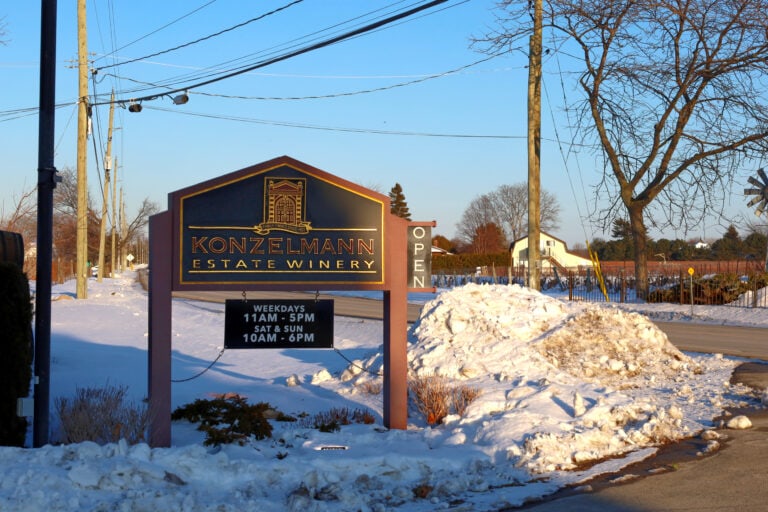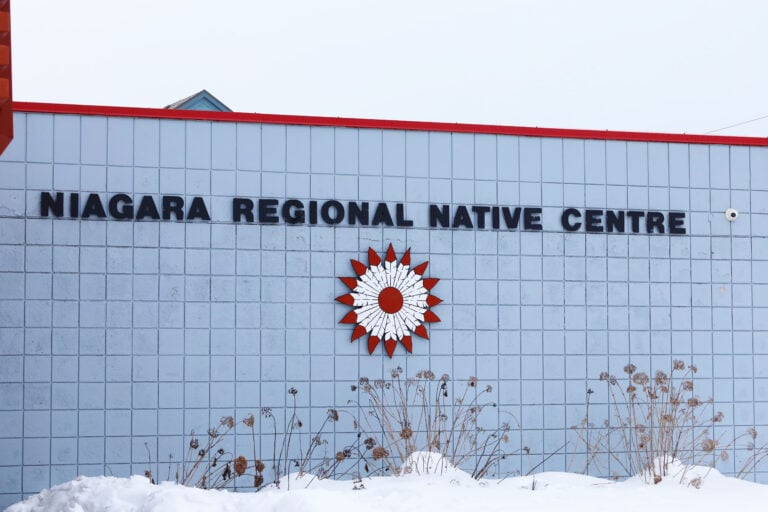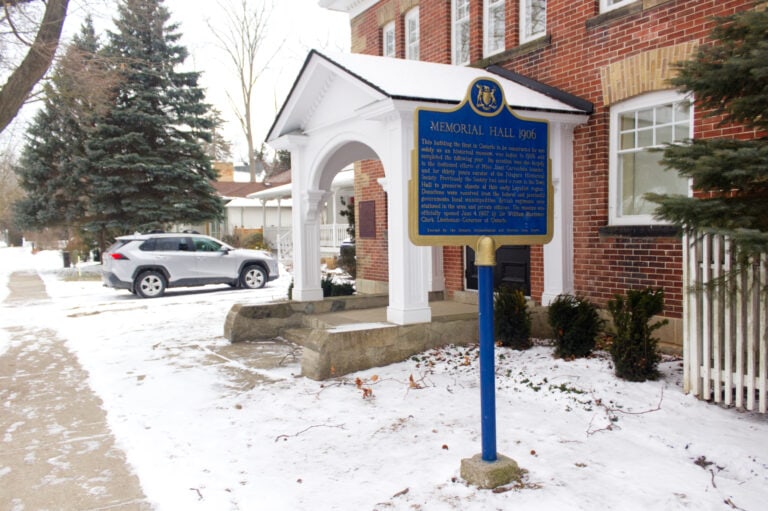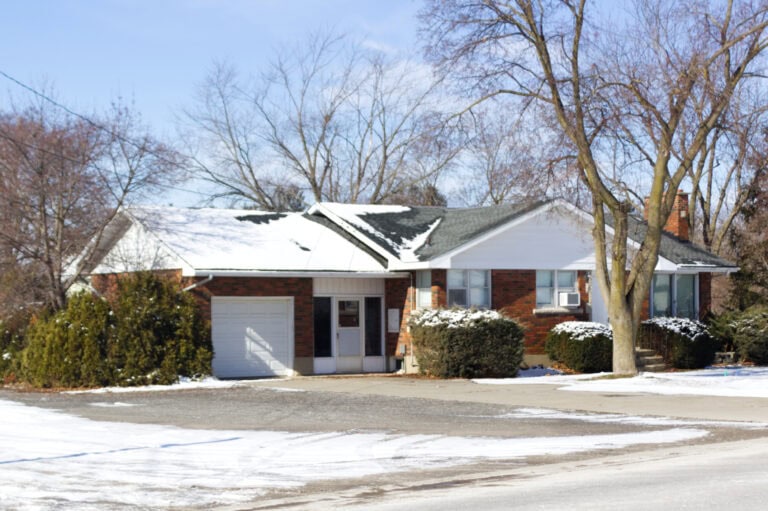NOTL council is again exploring imposing a tax on all hotel rooms and bed and breakfast rentals.
The idea of instituting a municipal accommodation tax made a comeback at Niagara-on-the-Lake council’s meeting on Monday night.
Council voted to form a subcommittee consisting of councillors Norm Arsenault, Wendy Cheropita and Allan Bisback.
The three councillors and town staff will review information about the municipal accommodation tax and speak to business owners and industry leaders. The subcommittee will then return to council with recommendations on whether to implement the tax.
Provincial legislation allows municipalities to collect an accommodation tax and share a minimum of 50 per cent of the revenue with a not-for-profit tourism agency. The tax revenue is to be mostly used for tourism growth and promotion.
The tax would apply to all transient accommodation such as resorts, hotels, motels, bed and breakfasts that provide rentals for less than 30 days.
“I think we’re all looking to reopen the conversation,” said Coun. Norm Arsenault, who put forward the motion to form a subcomittee.
“The previous council tried to implement it back in 2017-18. Bill 148 came in and put in a 21 per cent hike in minimum wage so the time was just awful. Everybody was against it.”
Coun. Wendy Cheropita pointed out the subcommittee was formed to make sure everyone – the hotel industry, the Chamber of Commerce and other key stakeholders – is part of the conversation.
“And to look at both sides of the coin and how we should proceed from this point forward,” said Cheropita.
In response to Coun. Gary Burroughs’ question about whether places like Airbnb rentals would be a part of the conversation, town clerk Peter Todd said such accommodations would be subject to the tax, but it would be up to the municipality to decide whether to exempt them.
The debate around the municipal accommodation tax has been going on for a number of years.
The NOTL Chamber of Commerce and tourism accommodation operators have fought loud and hard against a hotel tax every time the idea has been discussed.
In January 2018, the town’s corporate services advisory committee recommended that council levy a municipal accommodation tax of four per cent on all transient accommodations and to discuss with industry stakeholders how to implement and administer it.
In February 2018, council voted to receive the report on a hotel tax and not to take any further action.
The motion to adopt the tax was introduced again at a council meeting on Aug. 27, 2018, but councillors didn’t pursue it.
A number of Ontario municipalities have imposed an accommodation tax.
Niagara Falls passed a bylaw effective Jan. 1, 2019, implementing a $2 tax for each day or part of a day stay.
In Kingston, a hotel tax started in August 2018. According to a city staff’s report in March 2018, the tax revenue from the hotels, motels, and bed and breakfast rentals would be up to $3,280,640 per year.
Mississauga implemented a hotel tax on April 1, 2018. According to a City of Toronto staff report, with 7,500 hotel rooms, an average occupancy rate of 64 per cent and average daily rate of $140, the 4 per cent tax would generate $9.8 million in Mississauga annually.
Ottawa, Toronto and Windsor also instituted a municipal accommodation tax in 2018.



